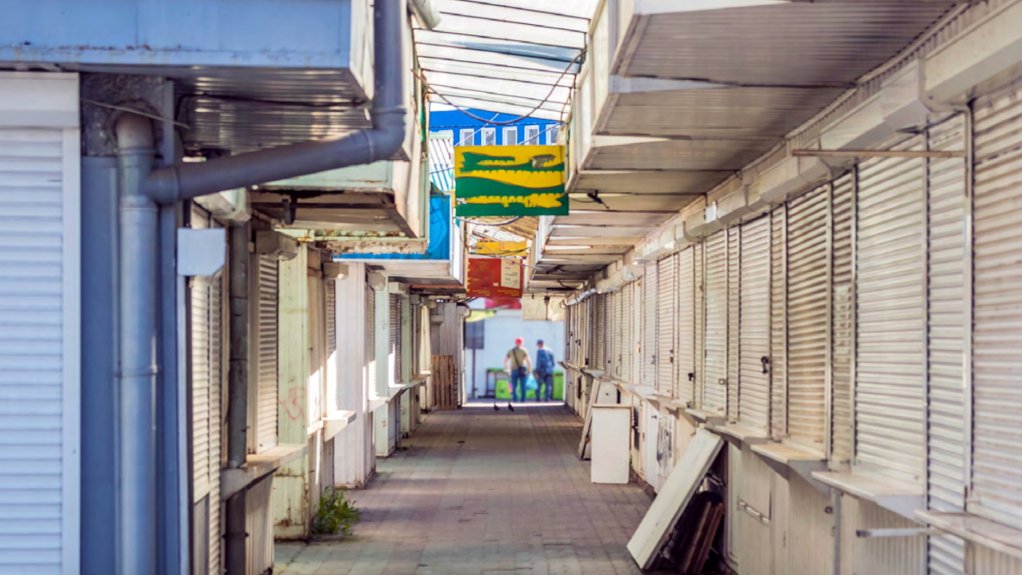- Evaluating Macroeconomic Resilience: The Case of South Africa and Botswana0.80 MB
Between 2000–2022, a series of financial shocks plunged both the South African and Botswanan economies into a crisis of declining per capita incomes, triggering socioeconomic disasters.
Summary
- Despite the fact that South Africa’s economy is 20 times the size of Botswana’s and, consequently, South Africa’s production and trade show much higher levels of industrial diversification, both economies have been strongly impacted by primary commodity-price movements.
- During the period 2000–2022, both the South African and Botswanan economies were externally shocked into a crisis of declining per capita incomes following the Global Financial Crisis (GFC) in 2008–2009, the accelerated decline of global commodity prices in 2015–2016 and the COVID-19 shock of 2020.
- The fact that these shocks triggered socioeconomic crises in the two economies exposed structural vulnerabilities to development, such as low productivity, failing infrastructure and high inequality.
- South Africa’s per capita growth rate has been decelerating since the GFC, whereas Botswana’s has been slowly accelerating, owing to prior accumulation of foreign exchange reserves from the diamond trade.
- While exogenous shocks play a dominant role in inducing socioeconomic crises, both countries were also subject to climatic, epidemiological and governance shocks.
- While South Africa was able to remain fiscally resilient until the advent of COVID-19, it compromised longer-term resilience due to debt accumulation. Botswana, however, scaled back its government spending in favour of lower indebtedness in the longer term. Time will tell whether the accumulation of shorter-term debt for operational expenses will weaken resilience in the form of rising debt-servicing costs or will mitigate against it by sustaining domestic living standards and consumption.
- There is reason to believe that both South Africa and Botswana have reached or could reach critical tipping points in their macroeconomic resilience.
Research by Conrad van Gass, Santos Bila & Neuma Grobbelaar
The views expressed in this publication/article are those of the author/s and do not necessarily reflect the views of the South African Institute of International Affairs (SAIIA).
EMAIL THIS ARTICLE SAVE THIS ARTICLE ARTICLE ENQUIRY FEEDBACK
To subscribe email subscriptions@creamermedia.co.za or click here
To advertise email advertising@creamermedia.co.za or click here











